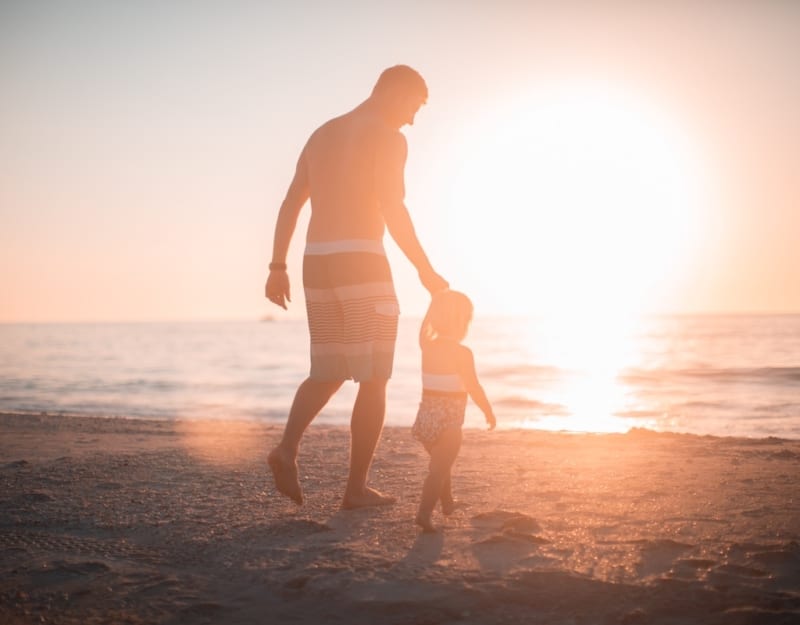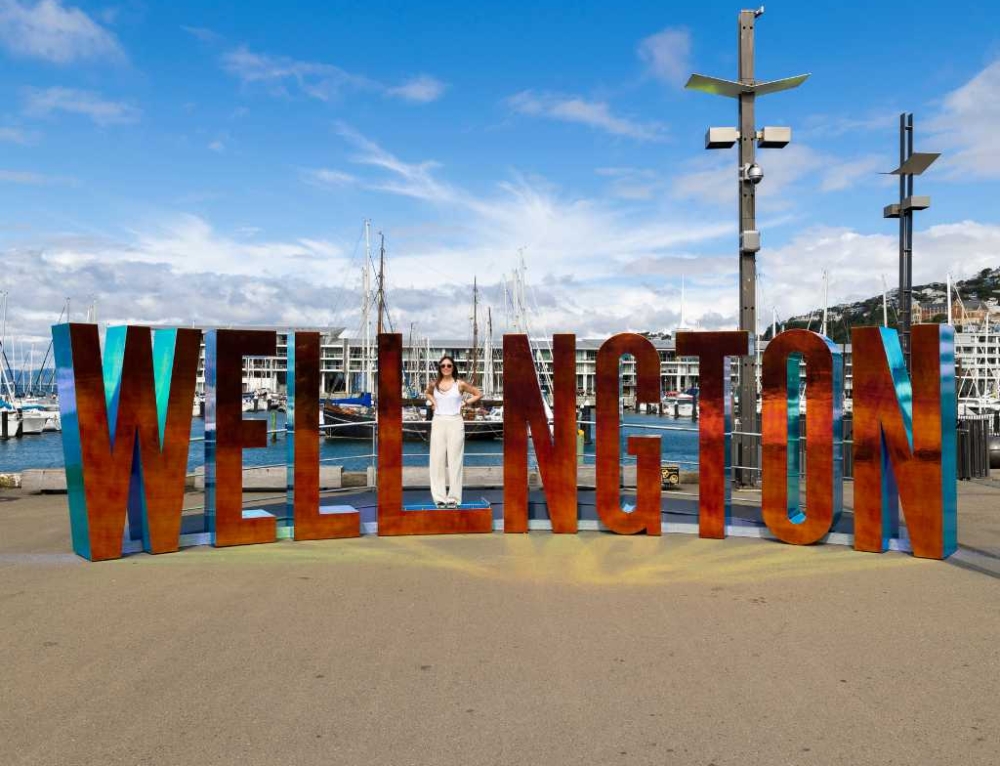If you’re travelling with a baby, it’s a good idea to research the availability of baby products in your country of destination before travelling. Stock up on nappies and other essential products if necessary. Also consider how best to secure your belongings while travelling – you may be more vulnerable to thieves and pickpockets if you don’t have a hand free.
If your child will need to take prescription or non-prescription medicine while you travel, make sure that you take enough to cover the length of your trip as you may find that the medication you need isn’t available. Make sure that you check with the embassy or consulate of your destination country that the drugs you propose to bring into the country are legal.
As an extra safety measure, you should carry a letter from your doctor giving the generic name of any drugs you will be carrying, along with a statement that they are for personal use only it is actually illegal to carry PBS medicines out of the country if they are intended for use by anyone other than yourself.
Holiday childcare
If you’re planning to use childcare facilities overseas, or use a babysitter or nanny, be sure that you satisfy yourself about that the standards of care there.
You should consider:
- the qualifications of the staff caring for children
- the ratios of staff to children
- the hiring and screening procedures for staff
- training of staff in first aid and emergency procedures
- personal liability insurance and the accreditation standards of childcare providers
Passports
A passport is required to travel to all countries, including Australia. Before you travel overseas ensure your passport is in good order and is travel fit. If your passport is damaged or not valid you may be denied boarding on to your flight by Border officials.
Ensure your passport:
- Has not expired
- Is not within six months of expiry (many countries require at least 6 months validity to allow entry).
- Has the necessary visas for your travel destination (contact the nearest Embassy of the country to which you are travelling, or your travel agent may be able to advise you on this).
- Is not damaged, defaced or excessively worn (any one of these can mean your passport is invalid for travel).
- Is a machine readable passport if you are travelling to or through the USA.
Children’s passports: Under New Zealand law, Children require their own passport to travel. Children cant be included on your passport, so every child, including a newborn, must have their own passport.
The consent of at least one parent (named on the child’s birth registration) or one guardian, (name on the guardianship documentation), is required. However, the Care of Children Act 2004 requires that, where practicable, all the guardians of a child must be consulted, when making decisions about important matters affecting the child. The parent or guardian making the application for the child is responsible for consulting with the other parent or guardians of the child.
For more information regarding the lodging of an application for a passport for your child, go to the Department of Internal Affairs. Other documents you might need when travelling with children: To make travelling straightforward, always carry additional identification for both you and your child. Customs and immigration officers in most countries are always looking for missing children and you may need to prove that you are the lawful parent or guardian of your child.
Proper identification includes:
- A valid passport for your child
- In the absence of one parent, a document that states you have permission to travel with your child
- Documentation of any decree of divorce or separation or custody agreement that proves you have legal custody of your child
- A court order granting you guardianship of your child
- A legal copy of your child’s birth certificate
Register your trip
You may like to register your travel plans so that you can be contacted or accounted for if there is an emergency (eg a natural disaster or an emergency at home).
IMPORTANT!
If you have any doubts about the particular circumstances relating to travelling with your child, seek legal advice before you leave the country.
The Ministry of Foreign Affairs and Trade also have tips on safe travel.
This article was written by Ella Walsh for Kidspot. Sources include Australian Govts Smart Traveller and The Department of Internal Affairs (NZ).







Leave A Comment
You must be logged in to post a comment.